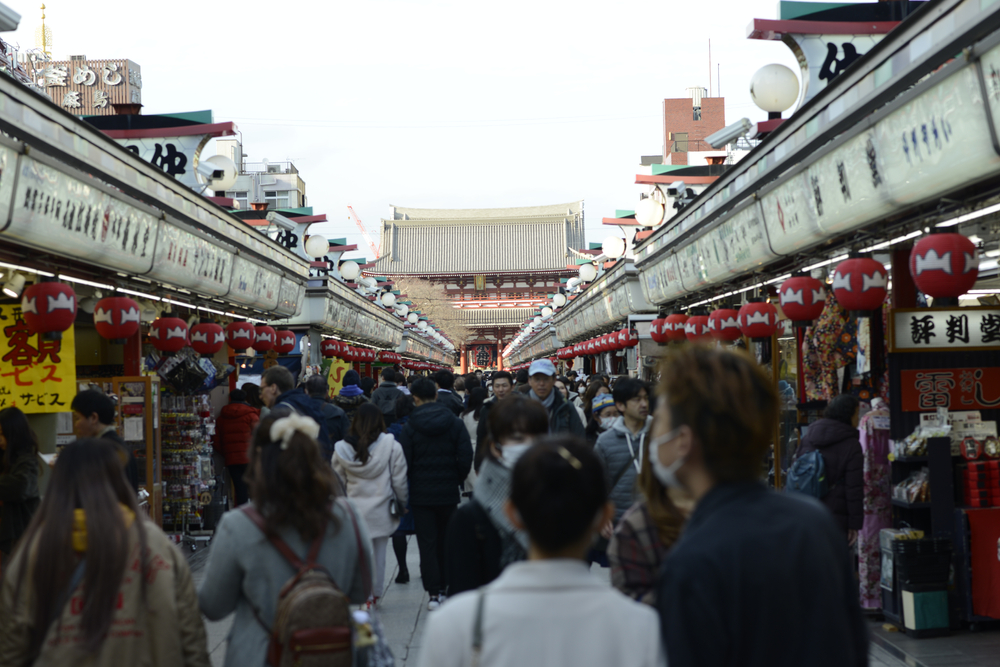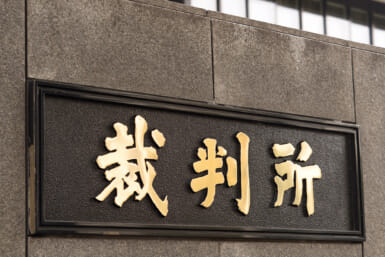These are surreal times indeed.
The novel coronavirus, COVID-19, has been officially declared a global viral pandemic, and the varied reactions across the world have highlighted the complexity of the human condition.
Terms like ‘social distancing’ and ‘self-isolation’ are peppered among the US broadsheet headlines. The UK’s chief scientific adviser was espousing ‘herd immunity’ and quarantining of the old, before strategically realigning with the rest of Europe. Italy, the ‘new Wuhan’, continues to warn against a repetition of their own labored response. And international travel bans have sprung into existence left, right and center.
Breaking: L.A. County has issued a new order to curb coronavirus spread, meaning Angelenos are urged to stay home as much as possible. The order will limit gatherings and require the closure of malls, playgrounds, and non-essential retail businesses. https://t.co/JqhYsvHUQG
— Los Angeles Times (@latimes) March 20, 2020
Global Reaction to Coronavirus
Regardless of their response method, governments are mobilizing resources, pouring finances into their health care systems, and generally encouraging people to avoid one and other.
Things in Japan, however, appear to have returned to normal. On any given night in Tokyo trains are filled with commuters squished together like grains of sticky rice, you’d struggle to find a seat in poorly ventilated izakayas where everyone picks at food from the same plates, and public parks are thronged by kids whose school terms have been temporarily canceled.
Why has Japan seemingly lost interest in COVID-19? And just how safe is it to be here right now?
Japan was one of first countries outside of China hit by the coronavirus, yet it’s one of the least-affected among developed nations. That’s puzzling health experts https://t.co/SIn2AfMubw
— Bloomberg (@business) March 19, 2020
The Blurry Data
Millions of individual voices are reverberating around the walls of the internet, a tiny proportion of whom have any expertise on infectious disease epidemiology – and even they are scarcely in agreement. This has caused unrest among a global public that don’t know who to turn to for the most accurate and up to date advice. Further complicating matters, the official COVID-19 case data may not be entirely transparent.
At the time of writing, Japan has 986 reported cases of COVID-19, or eight cases for every one million of the population. By global standards that is not a terrible return: Italy has 591 cases/1M; Iceland 733 cases/1M; and the microstate San Marino, landlocked within Italian borders, has a whopping 4,126 cases/1M. In this stat category Europe is firmly propping up the table, suggesting that the dynamic and canny little coronavirus has shifted its epicenter several thousand miles to the west (https://www.worldometers.info/coronavirus/).
Yet Japan’s stellar performance could be explained, at least in part, by its fairly blasé approach toward testing for COVID-19. The nation isn’t ill-equipped to test, but rather reluctant.
A new test kit developed by Japanese researchers provides results within 10 minutes — far faster than standard PCR testing methods.#coronavirushttps://t.co/P0IxlACFTL
— Nikkei Asia (@NikkeiAsia) March 19, 2020
Coronavirus Testing in Japan
According to the health ministry, just over 32,000 tests had been conducted in Japan as of March 18. The figure looks paltry when compared with the 200,000 conducted in neighboring South Korea. At one time a hotspot for the virus, South Korea is now ‘flattening the curve’. Their modus operandi could serve as a blueprint for fellow nations combating the spread.
On Tuesday, Yasuyuki Sahara of Japan’s health ministry told reporters, “It isn’t necessary to carry out tests on these people who are just simply worried.” This advice appears to be misguided in the face of a virus we know spreads via symptomless carriers.
It conflicts with Prime Minister Abe’s official statement on the day a new coronavirus-related legislation was passed. He stated how vital it was for Japan to “concentrate our testing and medical care resources.”
The World Health Organization also stressed the importance of testing. As Director-General Tedros Adhanom Ghebreyesus emplored during a press conference, “We have a simple message for all countries: Test, test, test. Test every suspected case.”
Japan welcomes Olympic flame as doubts swirl over Games.
What should have been a joyous celebration was dramatically scaled down due to the #coronavirus pandemichttps://t.co/RWuA8leEXF pic.twitter.com/2UTwAIBqu5
— AFP News Agency (@AFP) March 20, 2020
An Olympic-Sized Elephant in the Room
The Olympic Games may have complicated Japan’s response to COVID-19; a cancellation of the event would have dire economic consequences.
The IOC doubled down on their adamance the Olympics will go ahead in July as scheduled. In an official communique on March 17, they stated: “The IOC remains fully committed to the Olympic Games Tokyo 2020, and with more than four months to go before the Games there is no need for any drastic decisions at this stage.”
Two days later, IOC President Thomas Bach reiterated, “We are not putting the cancellation of the Games on the agenda.” But didn’t rule out the possibility of postponement.
Many of Japan’s schools also started to reopen on Monday after a government-requested two-week closure period. Fortunately, children don’t seem to express symptoms of the disease, however, schools are tantalizing cesspools for transmitting viruses, which could result in increased numbers of asymptomatic carriers.
A nation potentially rife with COVID-19 transmitters is the last thing we need during an Olympic Games held in a densely packed metropolis.
Asian countries face second coronavirus wave, fuelled by people importing it from outside https://t.co/Ub6HfpA2qj
— BBC News (World) (@BBCWorld) March 19, 2020
When Will it All End?
One of the few consensuses of expert opinion is this: COVID-19 isn’t going away tomorrow. Some suggest it may even reappear annually like a winter flu. There is also concern that if a large proportion of the public haven’t built up immunity, or if a vaccine isn’t available, the disease is likely to reappear. In her recent TED Talk, health systems expert Alanna Shaikh noted that carriers of the disease may harbor it for a period of 24 days before expressing any symptoms.
So, theoretically, Japan could be ready for another spike. The virus fares well in close-quarters indoor areas, and is at its most potent in the lungs of the elderly. Tokyo is arguably the best place on the planet to find these two things in large numbers.
The news isn’t all bad: We’ve come through this relatively unscathed, and Japan remains one of the better countries to find yourself as this pandemic drags on. Toilet rolls may have flown off the shelves, but in general the Japanese public have been exemplary in practicing restraint. Furthermore, a Japanese antiviral drug, called Favipiravir or Avigan, appeared to counteract the effects of COVID-19 during clinical trials carried out in Wuhan and Shenzhen.
But outbreak round two could be bubbling under the surface. If the government doesn’t act quickly with mass testing, more stringent containment measures and the triumph of common sense regarding any and all major public events, we could be caught unawares. And then we really are in the lap of the gods.
Feature image: image_vulture / Shutterstock.com









